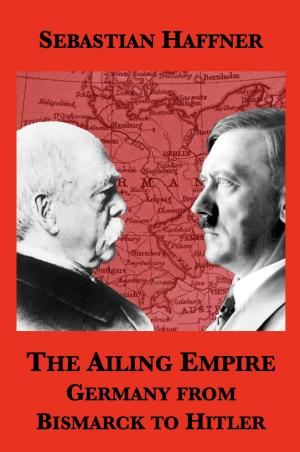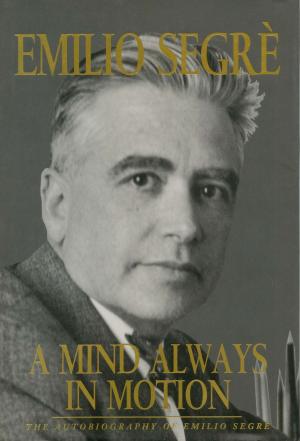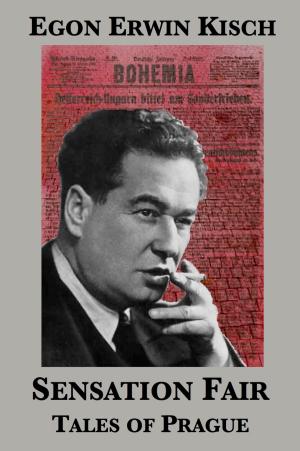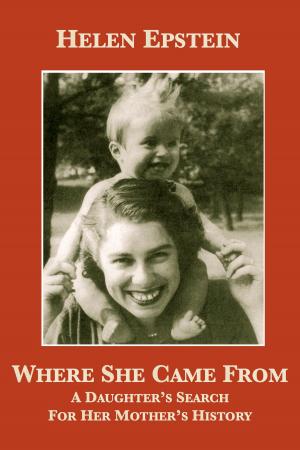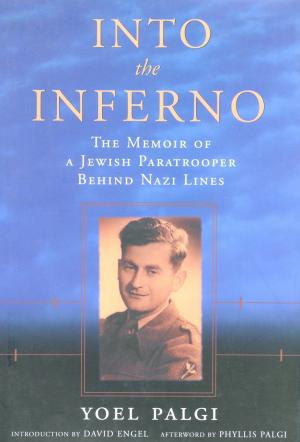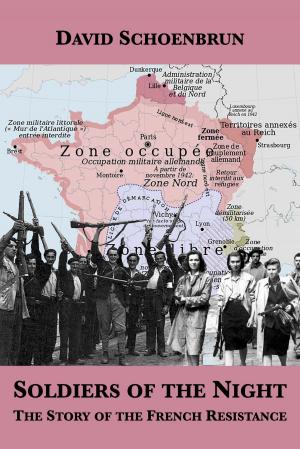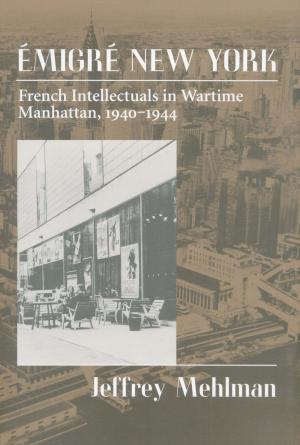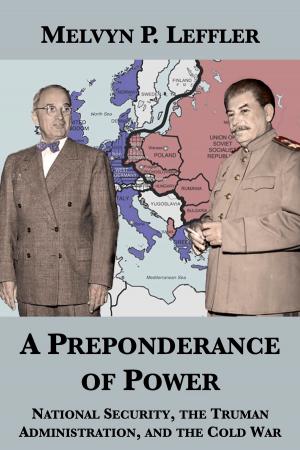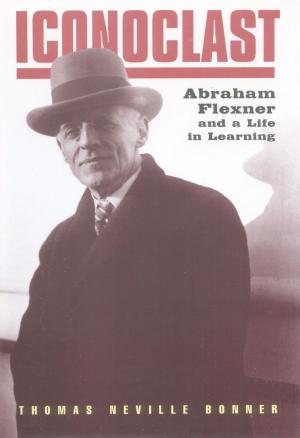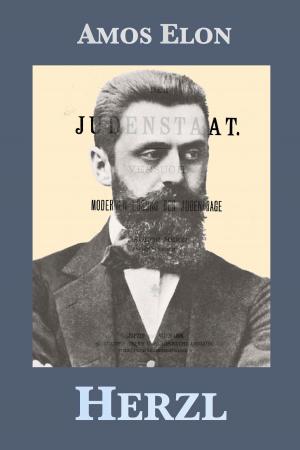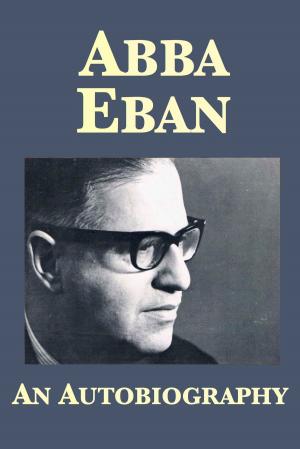The Vienna I Knew: Memories of a European Childhood
Nonfiction, History, Austria & Hungary, Eastern Europe, Biography & Memoir, Historical| Author: | Joseph Wechsberg | ISBN: | 1230000037001 |
| Publisher: | Plunkett Lake Press | Publication: | December 6, 2012 |
| Imprint: | Language: | English |
| Author: | Joseph Wechsberg |
| ISBN: | 1230000037001 |
| Publisher: | Plunkett Lake Press |
| Publication: | December 6, 2012 |
| Imprint: | |
| Language: | English |
The Vienna I Knew: Memories of a European Childhood by Joseph Wechsberg (80,000 words, 18 illustrations)
Wechsberg’s memoir of pre-World War II mittel-Europa recounts with charm and irony life in the dying Habsburg Empire, family stories of wealth gained and lost, the subtleties of coffeehouse culture and the dynamics of Viennese society where one “is at the same time an actor, his own audience, and his own critic.”
“[His] early childhood reads like an idyll […] so that while other writers may recall the last years of this ancien régime as constricting, Wechsberg remembers them as kindly and easygoing if sometimes philistine and stuffy. However, his father was killed in action on the Russian front very soon after the start of the First World War, and his mother, having invested her inheritance in government bonds, was impoverished when the government lost the war and was dissolved. Yet this is in no way a mournful book: young Wechsberg found the pre-war years entertaining, and his inquiring, wry mind makes the post-war years equally so. His account of a visit in the twenties to rich relatives in Vienna, describing his provincial bewilderment at their cosmopolitan luxury, is very funny; it is also excellent social history, and everybody in the story — for example, the chauffeur, whom Wechsberg found the most comprehensible member of the ménage — comes alive for us. Though Wechsberg can remember himself as a country cousin, his memoirs are urbanity itself.” — The New Yorker (July 30, 1979)
The Vienna I Knew: Memories of a European Childhood by Joseph Wechsberg (80,000 words, 18 illustrations)
Wechsberg’s memoir of pre-World War II mittel-Europa recounts with charm and irony life in the dying Habsburg Empire, family stories of wealth gained and lost, the subtleties of coffeehouse culture and the dynamics of Viennese society where one “is at the same time an actor, his own audience, and his own critic.”
“[His] early childhood reads like an idyll […] so that while other writers may recall the last years of this ancien régime as constricting, Wechsberg remembers them as kindly and easygoing if sometimes philistine and stuffy. However, his father was killed in action on the Russian front very soon after the start of the First World War, and his mother, having invested her inheritance in government bonds, was impoverished when the government lost the war and was dissolved. Yet this is in no way a mournful book: young Wechsberg found the pre-war years entertaining, and his inquiring, wry mind makes the post-war years equally so. His account of a visit in the twenties to rich relatives in Vienna, describing his provincial bewilderment at their cosmopolitan luxury, is very funny; it is also excellent social history, and everybody in the story — for example, the chauffeur, whom Wechsberg found the most comprehensible member of the ménage — comes alive for us. Though Wechsberg can remember himself as a country cousin, his memoirs are urbanity itself.” — The New Yorker (July 30, 1979)

